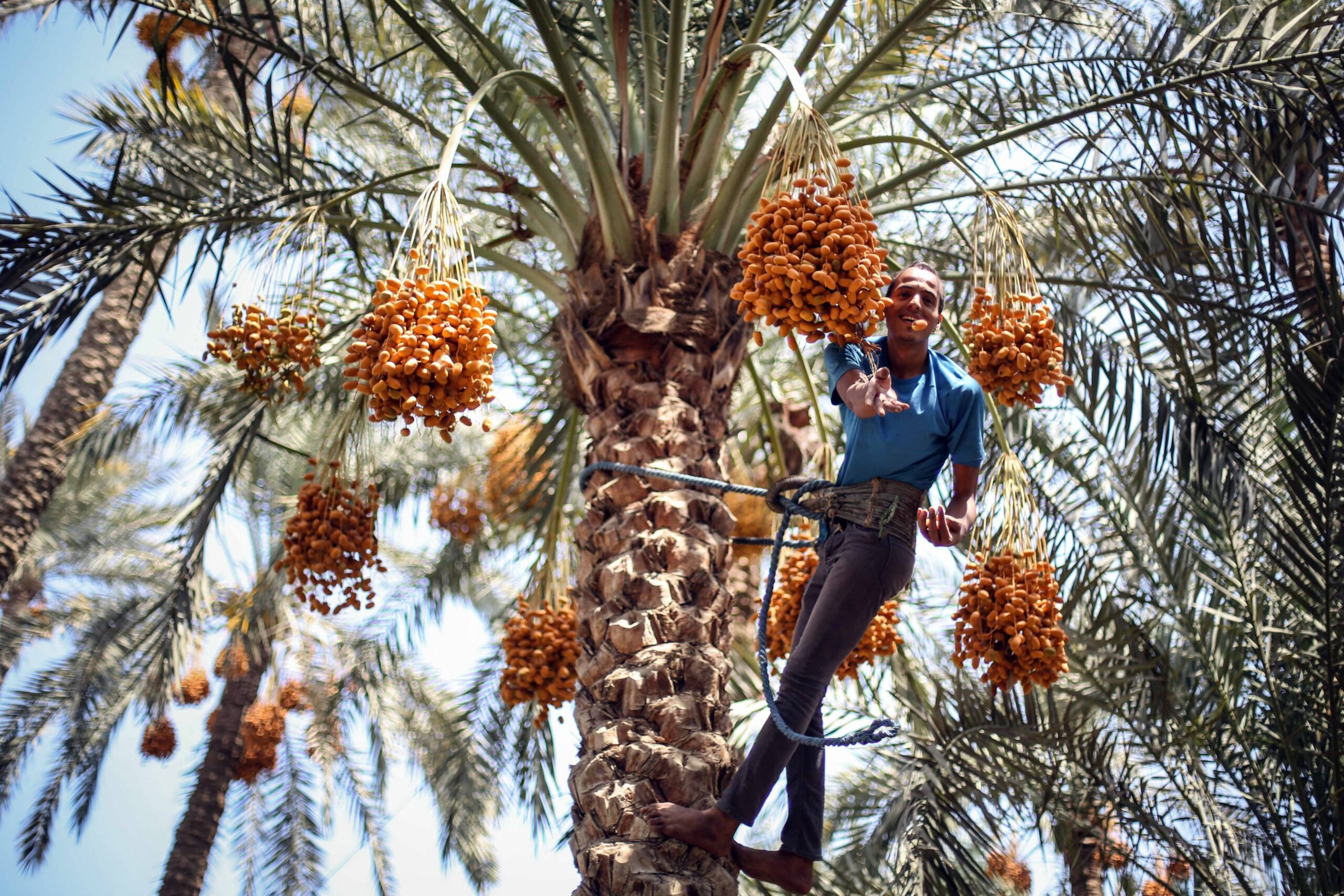A responsible tourism strategy for an inclusive and innovative rural economy
Description
In the Badrashin project area, a diverse patchwork of micro, small and medium enterprises (MSMEs) are working in a disjointed rural tourism sector. The most famous archaeological sites are those found in the villages of the Abu Sir-Sakkara-Dahshur plateau, which is the area targeted by the project. Rural inhabitants are unable to engage with tourists, and as a result, visitors leave empty handed or stop by more visible or established shops, cafes and country clubs. Day-tours usually focus on the Djoser pyramid complex and nearby museum and lunch at the nearby country club. As a result, domestic and international visitors rarely visit the further sites of Dahshur, or smaller sites, such as the unique sun temple in Abu Ghorab near Abu Sir, which is completely lacking in services.
The overall objective is
- to contribute to inclusive and sustainable rural employment by strengthening the capacity of local youth and women in Badrashin to develop and deliver market-oriented tourism with innovative and value- added products and services and by valorising and protecting local assets such as agriculture and environment.
The baseline study engaged the various responsible tourism value chain actors and stakeholders involved in the Visit Badrashin activities including MSME owners, MSME managers, community leaders, government officials and rural tourism entrepreneurs. A variety of data collection methods were used to record the required data such as one on one interviews, key informant interviews and surveys.
Services
Rural Tourism Development
- Contribution to the growth of rural tourism in Badrashin municipality with innovative services and products
- The value chain analysis of palm dates by NSCE and technical training on food processing for women resulted in transforming main agricultural products of date and grains into innovative market-oriented products.
- community validated branding strategy, disseminated awareness raising tools, and organized community educational events to promote values of Slow Food and Fair-Trade principle
Capacity Building
- Implement a Needs Assessment targeting MSMEs in Badrashin, and mapping key local stakeholders (private and public) into a preliminary responsible tourism cluster
- Recruit 150 start-ups and existing MSMEs into physical hub programming
- Implement MSME capacity building program on responsible tourism products and service innovation (including business and technical workshops, hands-on sector specific trainings, field visits and exchanges, training activities) and on responsible tour guiding (including a digital book and visitor feedback tools).
- Development of business strategy
Communication & Visibility
- An operating virtual BDS Hub offers information, training and counselling, sectoral knowledge, and linkages with public and private stakeholders and media
- Create e-learning and knowledge exchange tools using ICT for the publication of MSME best practices in virtual hub and establish M&E practices.
- An extensive training program on topics such as communication, digital marketing, e-commerce to ensure capacity development of the rural communities with over 70 percent female trainees.
- organisation of a broad marketing campaign and the design and development of a website and an e-governance platform.
Access to finance (A2F)
- 30% cluster participant MSMEs access financial services
- Design training program for financial inclusion (including training on microfinance schemes and accessible financial market networking events), targeting women and youth
Governance & Business Development
- 6 tour packages defined, tested and co-marketed using ICT digital promotional tools and campaigns
- A regional Badrashin responsible tourism strategy
- Establish a sustainable model for the governance of a responsible tourism cluster
Research & Innovation
- conducted participative research on water pollution in the canals and on solid waste management with the support of Dashur local development unit.
Project is implemented in a timely and adaptive manner ensuring effective communication among project stakeholders


